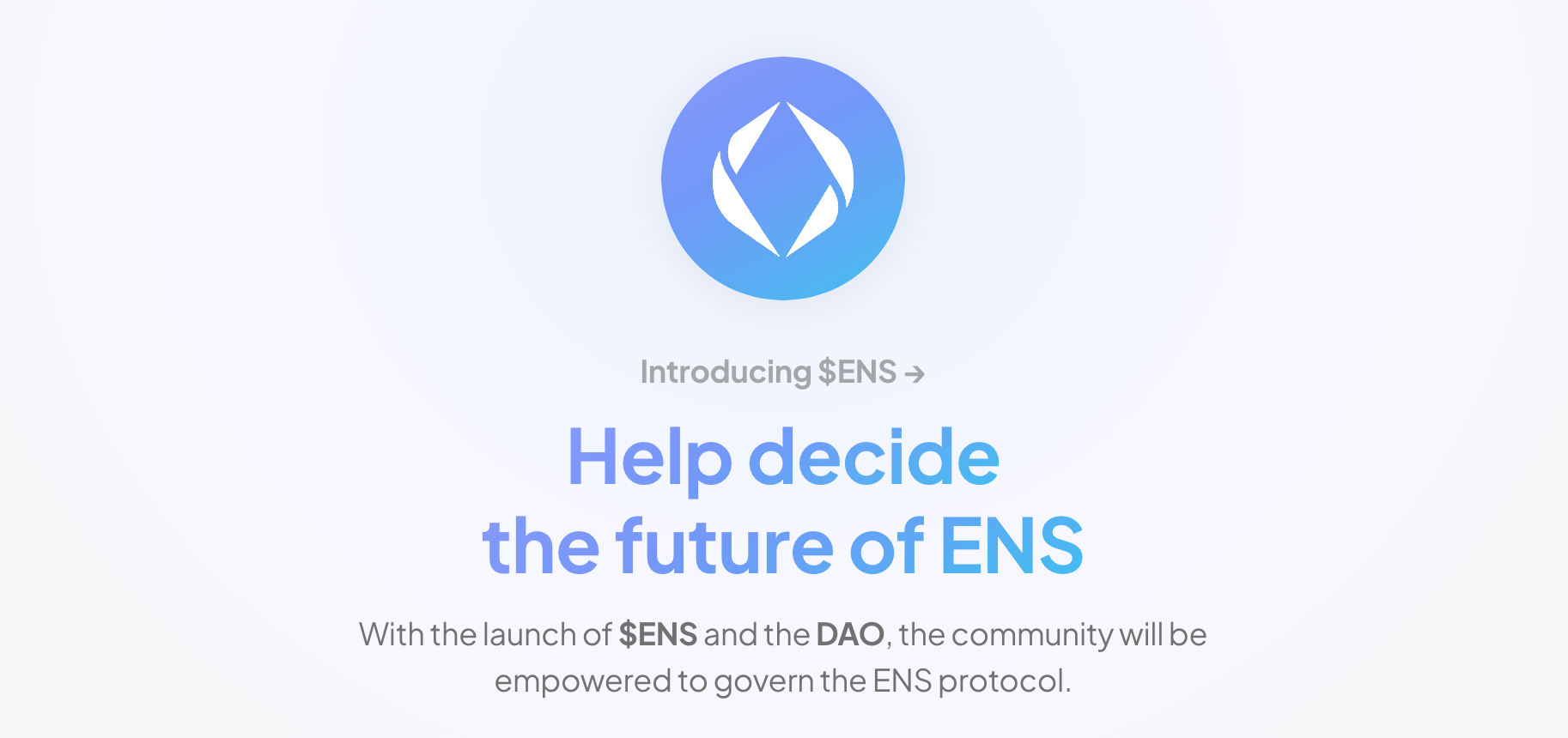NFTs Today, DAOs Tomorrow: The Role of Incentives and Transparency in Shaping Our Future

People interchangeably describe Web3 as an JPEG wasteland or the digital version of a financial Wild West rife with token-speculation. They are not wrong.
This is an important first step, not the endgame. The truth is that something much bigger is afoot.
We are witnessing mass collaboration and organization-at-scale through digital assets. And that collaboration is outpacing the digital tools and legal structures that exist to facilitate it.
Every day that passes is a missed opportunity to make things better. We can't afford to sit on the sidelines, lest we miss this opportunity. Enter the age of the DAO.
Yes, We Can Expect Turbulence
This behavior isn't new - remember the Gold Rush of the 1800s? Early days of Silicon Valley? Global search for oil? This is the first phase of adoption.
People and Capital are paving the way for the future. Some quick stats for 2021 from Electric Capital:
- $30B in venture capital invested.
- 34,000 new developers committed code - the highest ever.
- 140M Monthly Active Users in Discord, the heart of Web3 communication.
All of ^this^ is the early manifestation of the future we will live and work in. A metaverse that will change work, play, and the very rules of the game. And it's already happening.

Governance = Distribution: The Airdrop Age
The ENS (Ethereum Naming Service) announcement it was becoming a DAO was overshadowed by the financial impact of their governance token drop. This was part of the move from a multi-signature leadership to a DAO.
The ENS transition focused on users of the service as it was a governance play. ENS domain name owners were rewarded with tokens based on two criteria:
- The duration they had owned the domain, and
- A multiplier based on the actual usage of the domain name.
This was a win-win move. ENS gave holders the chance to vote on the "constitution," forwarding it's organizational evolution. Many ENS holders became very rich overnight based on the new token.
Future steps remain to be seen. The Constitution was approved and delegates elected. There will be more voting opportunities, including decisions on profit-sharing and overall ENS functionality.
ENS did many things right, but it's still early days. Not all evolutionary changes to DAOs, or founding DAO moments, will "work" in this manner.

People Are the Most Non-Fungible Asset
The success of a DAO is dependent on the flow of new people entering and the percentage of people that are contributing to the DAO's mission or to its governance. Network effects mean that more holders drive the value of the token and the organization.
NFTs started the trend through desired ownership and the sense of belonging. Tokens are are emerging as a similar value+culture play, like how people organized around $GME (GameStop) and seemingly endless memes.
So why the social mechanics? Is it just a ponzi scheme? A pump and dump? Far from it.
People matter in the DAO universe because Community is the moat.
In an open digital landscape, your tech stack is open. Your rules and processes can be duplicated. Your memes can be out-memed or outright appropriated.
Those who follow have an operational advantage. But late movers have lost the organizational advantage.

Are You Launch-Only? Or Escape Velocity Enabled?
Starting a DAO is most certainly not as easy as starting a Web3 project, but not all new organizations will survive beyond the launch. That's because success isn't contingent upon a suite of software or the best possible meme.
The real value for in being a first-mover is having the time to figure out what works for the organization and for the membership.
There will be mistakes and challenges, but how you adapt and evolve together will forge a stronger DAO and a real bond with the membership. Getting good at the act of DAO-ing is how the best achieve escape velocity.

DAO Difference Makers: Transparency and Simplicity
DAOs are struggling right now to function and remain successful. The harder it is for new members to join and engage means that network effects will either work against you or for another DAO.
There is an inverse relationship between growth and transparency.
Between value generated and value sustained.
Between adoption and accessibility.
100 people coming to a decision is hard. 20 x 100 people in the same decison-making process isn't 20x harder. It's impossible.
DAO Best Principles
Not "best practices," as they will change as fast as your software stack. We are talking principles as your organizational north star.
Less Is More
Less channels. Fewer options. Reduced meetings.
Anything that reduces organizational overhead and member friction is worth it.
Easy choices, hard DAO. Hard choices, easy DAO.
Default Documentation
Write it before you say it or show it.
If you say it or show it, record it.
If you record it, make it public.
All things open.
Build Timelines
DAOs are living and breathing things. DAOs evolve over time, and that evolution is relevant to all present and future decisions of the DAO.
Like the rings of a tree, there should be measurable signs of growth and change that can be accessed by all.
What Have I Missed?
Feel free to tell me here in the comments or over on Twitter at @pmccrann. Just do me a favor and let's have that conversation in public, because progress.
